My latest guest in the House of Trust is Roshana Arasaratnam, a social finance activist, an economist and chartered accountant, among other things. As a true specialist generalist, she works across boundaries and joins the dots across sectors and disciplines to help financial professionals move money for good.
Roshana is also interested in social policy, and how this can be better integrated into financial services.
Her why? To support professionals across sectors to answer this important question: “How do we allocate resources for maximum impact?
But Roshana doesn’t stop at the awareness-raising, she helps people take action.
I started by asking Roshana how she defines Trust…
“Trust is about that free and unmonitored openness to exchange on a one-to-one basis or between groups… “

“If you’re going to bring sectors together, particularly between private and public and not for profit, you need empathy to break down boundaries. And I think we’re going to need that approach, if we want to move capital for good”.
How openness helps finance professionals move money for good
I am intrigued about the profile of the people needed outside the classic ex-investment bankers or numerical people…
Inspired by a friend who set up her own consultancy and called herself a “Specialist Generalist” and the book “Range”, by David Epstein, Roshana believes how important it is to have people who can move a lot across sectors and disciplines. “Not everyone has to do it. But it’s important to value that as a skillset.”
There are some gatekeepers though…
I am having that conversation with recruiters and others a bit difficult because they want to put you in a box. If your value is actually being a connector, you don’t want to be put in a box.
Roshana recognises we need specialists but we also need to keep sight of the wider angle and look at different talents who can break down barriers and silos.
We can trust these talents will bring something new from a different area.
So, Roshana, what do recruiters assume that stop them from trusting people with untraditional backgrounds in the social finance sector?
- They might not understand the value of learning you’ve acquired in those years and the experience you’ve got moving from one sector to another sector. It is at that moment where you learn the most and you are most challenged.
- They question your commitment.
- Finally, there’s a combination of fear and letting go of power, dynamics Roshana reckons we find in public, private and the not-for-profit sector.
“We should make people understand that moving between sectors is a strong argument that you can break down this barrier of fear and increase trust.”
Openness and flexibility are also valid for moving capital.
For instance, Roshana – with her angel hat on- suggests that flexible funding could help unpick the fear and mistrust construct that still prevails between investors and investees…
There are still rigid structures, strengthened accountability, increased disclosures, controls that still push against – and are in the way of – the positive social change we are trying to achieve
There should be an element of reciprocation, not just imbalanced power dynamics, this is what builds trust.
For specialist generalists in the social impact investment ecosystem, inner trust increases when they keep being curious and open.
What the specialist generalist is going to be really good at is that sort of joining the dots or bringing those left-field ideas and keeping that sense of openness across lots of different people who will all be bringing their special talents as well.
Here’s Roshana’s kind reminder for people who identify as specialist generalists:
“You will find your tribe. None of us has the answers on our own – keep working together”
What I take away from this conversation are these pointers:
- Engage in convening
- Connect the dots
- Invite people to collaborate and join a conversation
- Be open to all the knowledge and the awareness in the room so that we can all create a bigger picture, and understand what’s really going on…
- and serve your purpose.
Time to think
If you have 5 minutes….
- How do you open yourself up to acknowledge and ‘actively’ accept one another? (as a board member, a social finance professional, and other…
- How open are you to new ideas and new ways of thinking, new opportunities, in order to being people along and keep moving us all forward?
Further reading
The logic of Collective action, by Mancur Olson
Specialist Generalists Will Save The World, by Roshana Arasaratnam
Check the 18 min podcast here
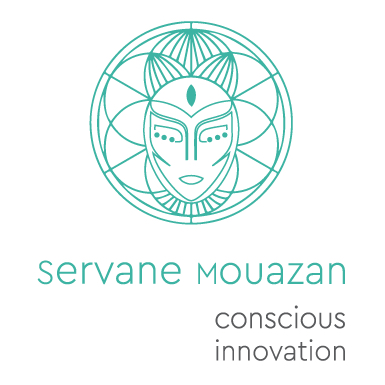
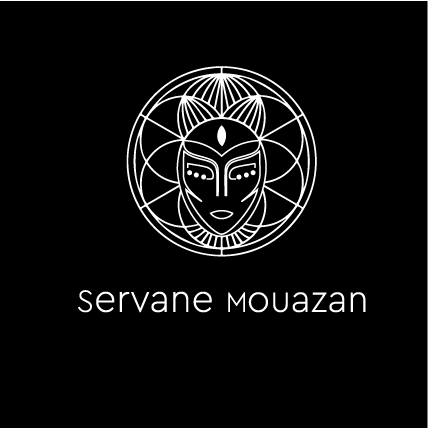
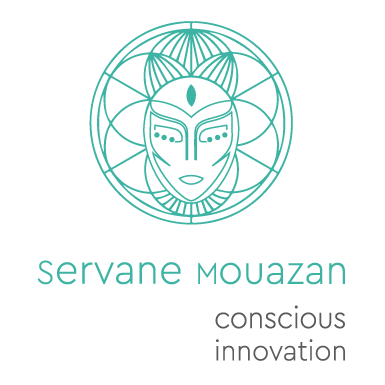
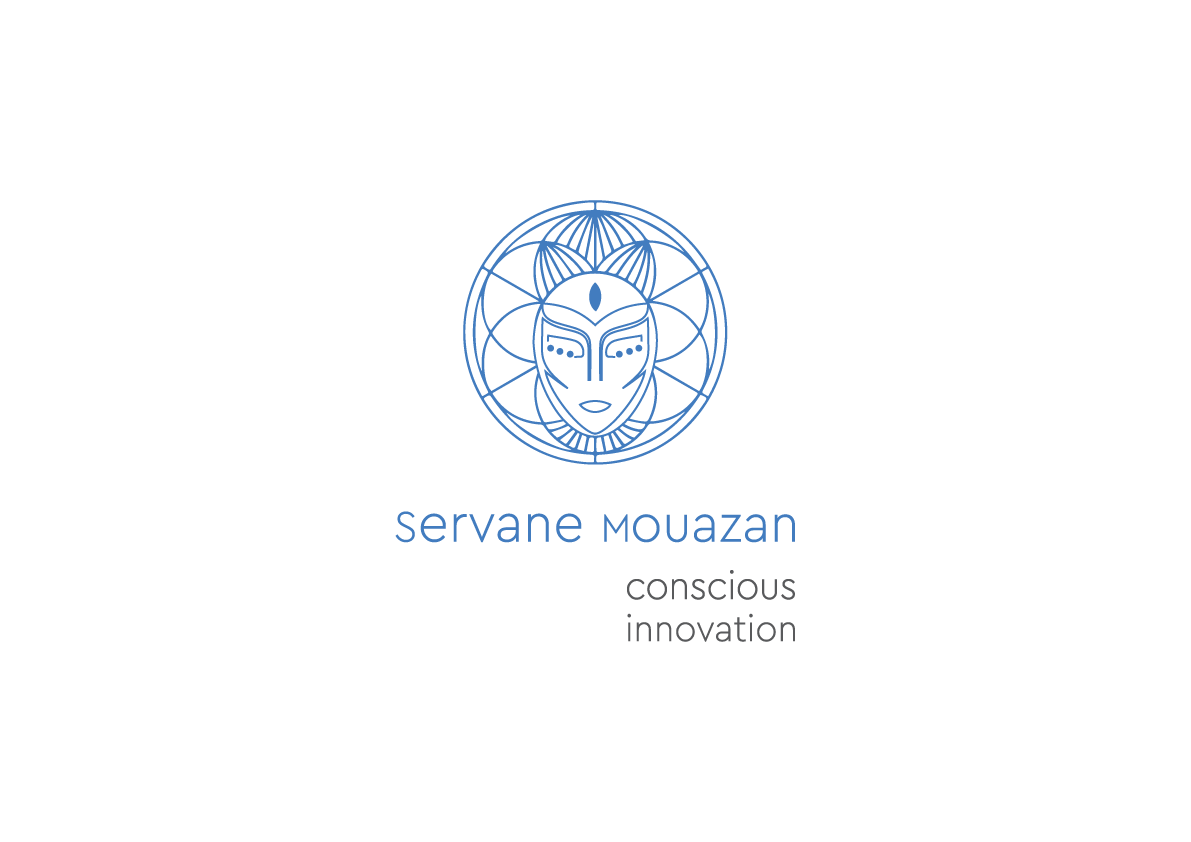

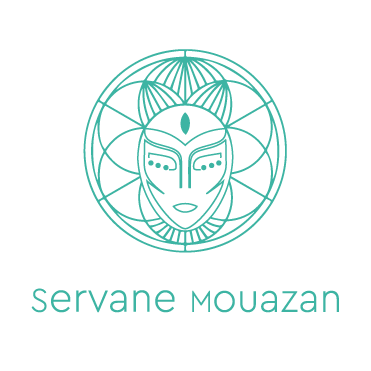
You must be logged in to post a comment.